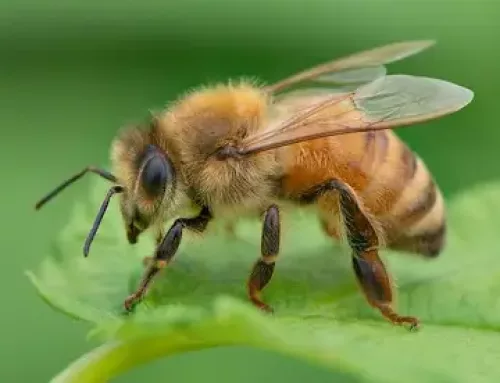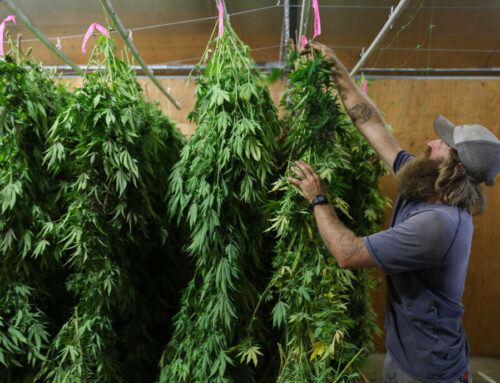Kenya Presidential Wildcard Vows to Erase Debt with The ‘Ganja Solution’
NAIROBI- George Wajackoyah, (main image) a reggae enthusiast and presidential contender, believes he has the cure for the problems plaguing Kenya’s voters: a dose of cannabis and some hyena testicles.
The richest nation in East Africa, Kenya, will hold elections on August 9. Deputy President William Ruto and veteran opposition leader Raila Odinga are the two front-runners in the race for the presidency, and their close race has brought attention to Wajackoyah’s small but devoted group of supporters, who could force a run-off if neither side receives more than 50% of the vote.
Young people’s voter turnout has significantly decreased, in part because many believe that traditional politicians have failed to address issues like widespread corruption, skyrocketing inflation, or unemployment.
The presidential campaign of Wajackoyah has captured the interest of younger voters. The former grave digger who is now an adjunct law professor is polling at approximately 2 percent behind third place, but he might tilt the election if he supports one contender or steals enough votes from another.
His straightforward campaign promises to create a medicinal cannabis sector and export animal parts to China, including hyena testicles, which Wajackoyah claims the Chinese find delectable, in order to pay off Kenya’s almost $70 billion in debt.
He explained his success by claiming to have founded a new tribe called the ganja tribe. “These people (politicians) have helicopters, money, and painted automobiles. Even my single poster is missing.”
Due to the Kenyan media’s obsession with colorful Wajackoyah, a well-known figure in Nairobi’s club scene, there has been speculation that he is supported by a larger campaign in an effort to win over some of the youth vote. He airily denies this possibility.
He claimed that many contenders had offered him cash in exchange for his support, but he had turned them all down. Instead, he claimed that he daydreams about bursting into flame in the Oval Office.
Wajackoyah, 62, who was wearing a du-rag bandanna and was listening to a Hare Krishna devotional, stated in his wood-paneled office, “We shall go to state house and smoke it about to eradicate the colonial pollutants.”
The other topics in his manifesto ranged from federalizing government and renegotiating the nation’s debts with China to hanging the corrupt and expelling Chinese nationals, so he looked at his phone to refresh his memory.
He declared, “We’ve come in with the ganja solution.”
According to Wajackoyah’s most recent calculation, he has obtained 14 law degrees and certificates from countries including England, from whence he fled as a refugee, the United States, where he met his wife, and Kenya, where he now owns a law practice that specializes in migration.
According to a research by the Institute for Development Studies at the University of Nairobi, it costs an estimated $31,000 to sit on a county assembly and up to $390,000 to seat in the senate in Kenya.
Wajackoyah is defying the norm by campaigning on a shoestring budget, and his fans have made their own posters with the phrase “Wajackoyah the 5th” to honor his aspiration to become the country’s fifth president.
Wajackoyah said, “If I showed you how much money I have, you would laugh.”
His rallies consist of his showing up at markets unannounced, sticking his head out the sunroof of his car while reggae music is blasting, and making his case to surprised passersby. He has no contributors or war chest to draw upon.
Six days before the election, on Wednesday, Wajakoyah’s modest caravan arrived in Gatundu, a town located around 30 kilometers north of Nairobi. 400 people suddenly gathered, all grinning, waving their phones, and vying for selfies.
Jeff Mwangi, a laborer, stated, “Every election cycle, everyone just comes here with their propaganda. If this man is able to follow through on what he says, our nation will advance significantly.”
Highly Capitalized, 2022 © Copyright, All Rights Reserved. This content drew on reporting from Reuters, AP, and the Kenya Times.


































